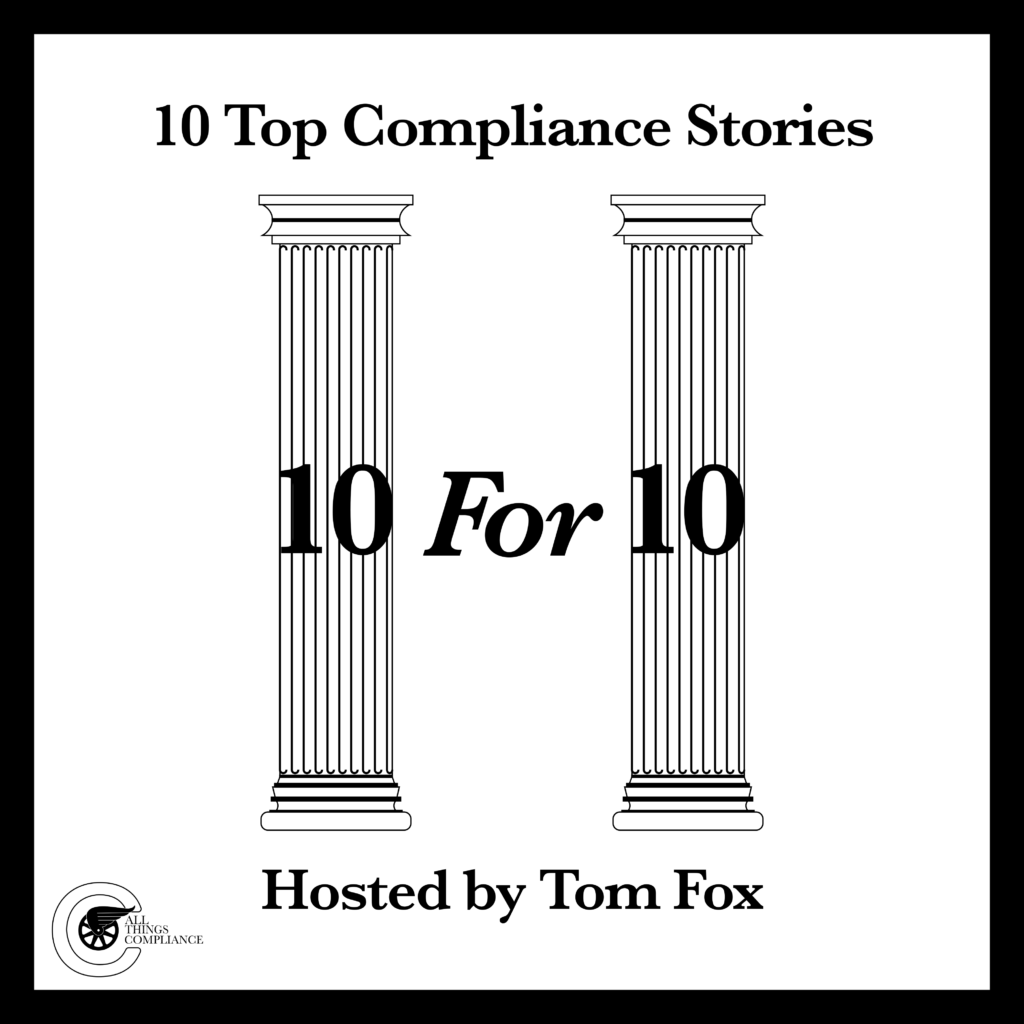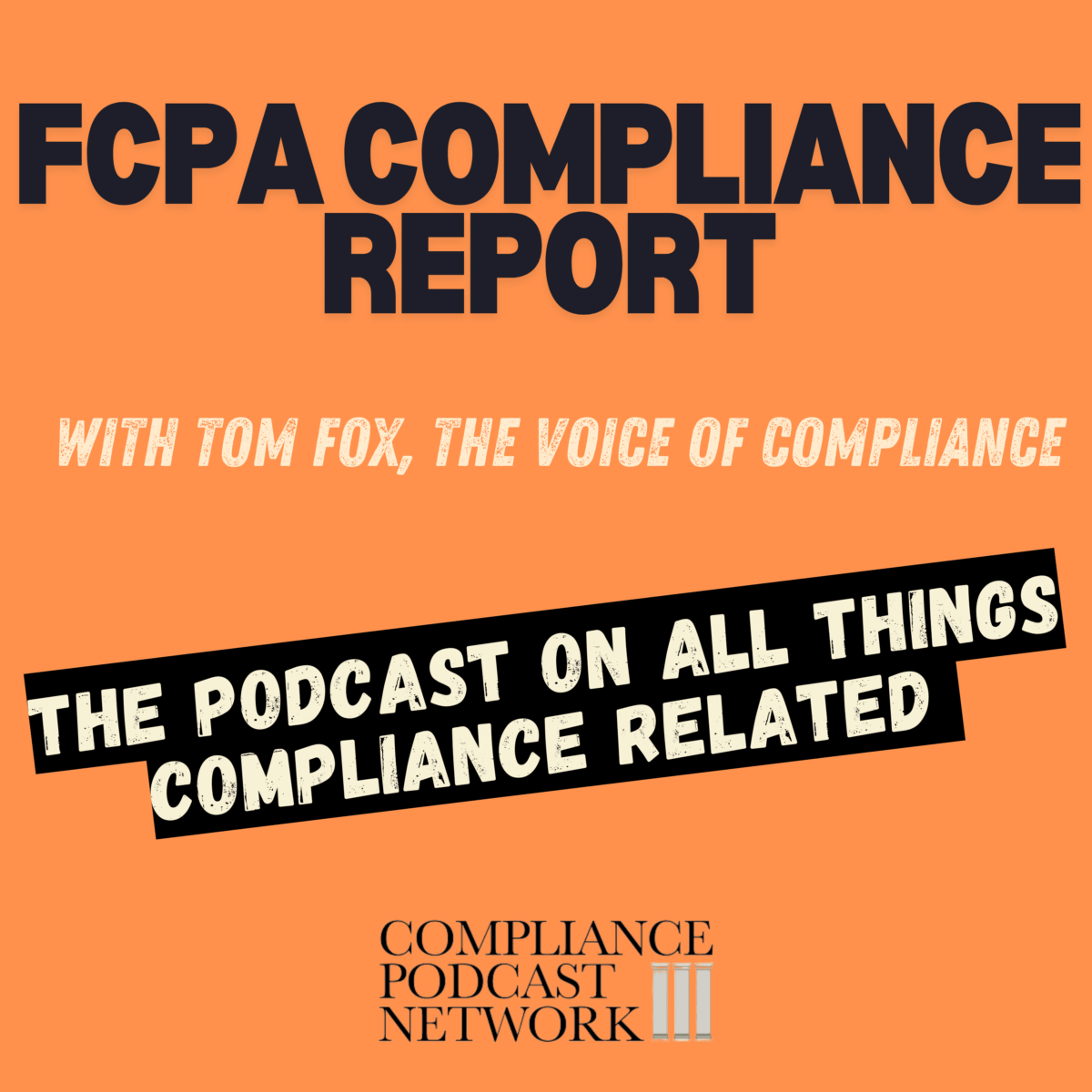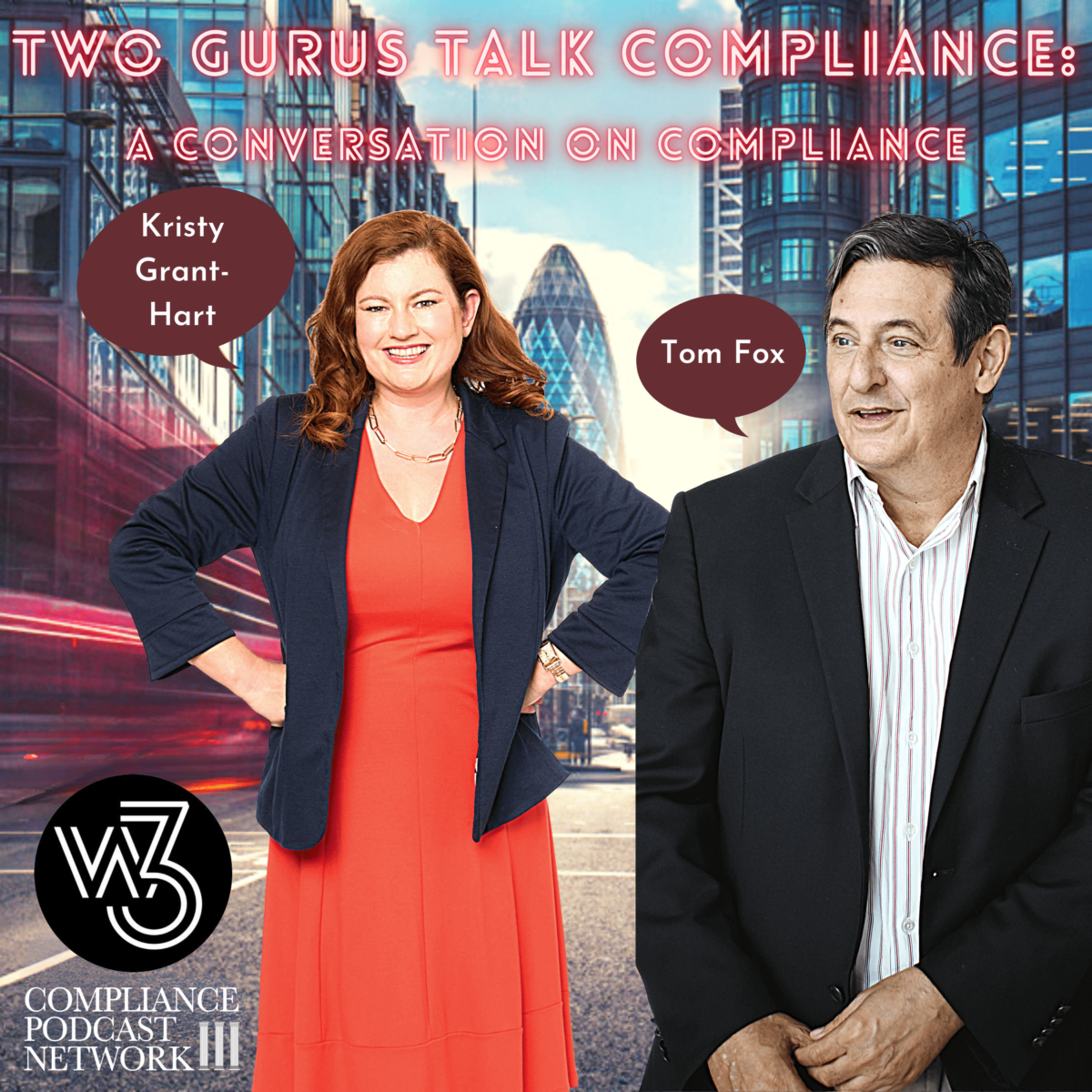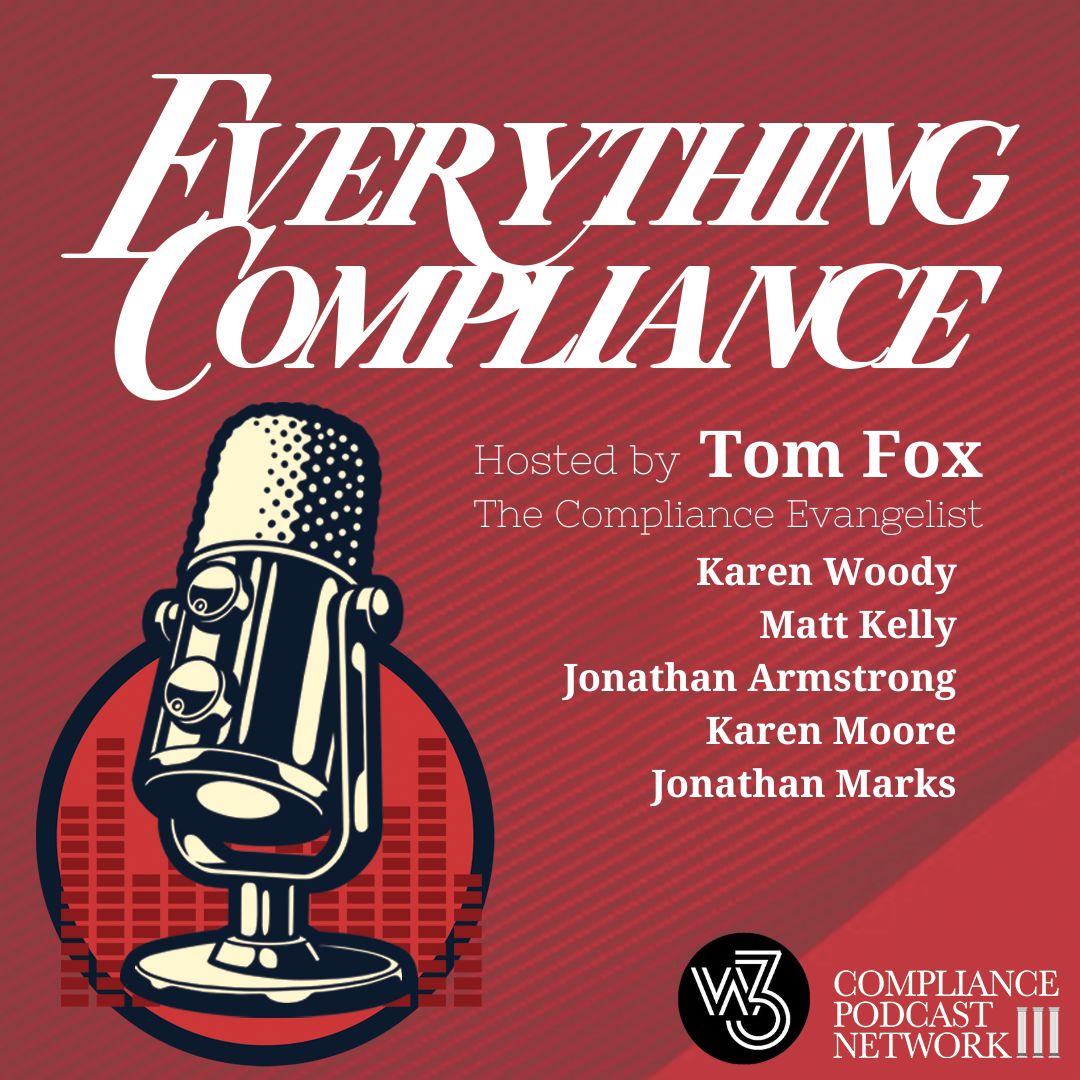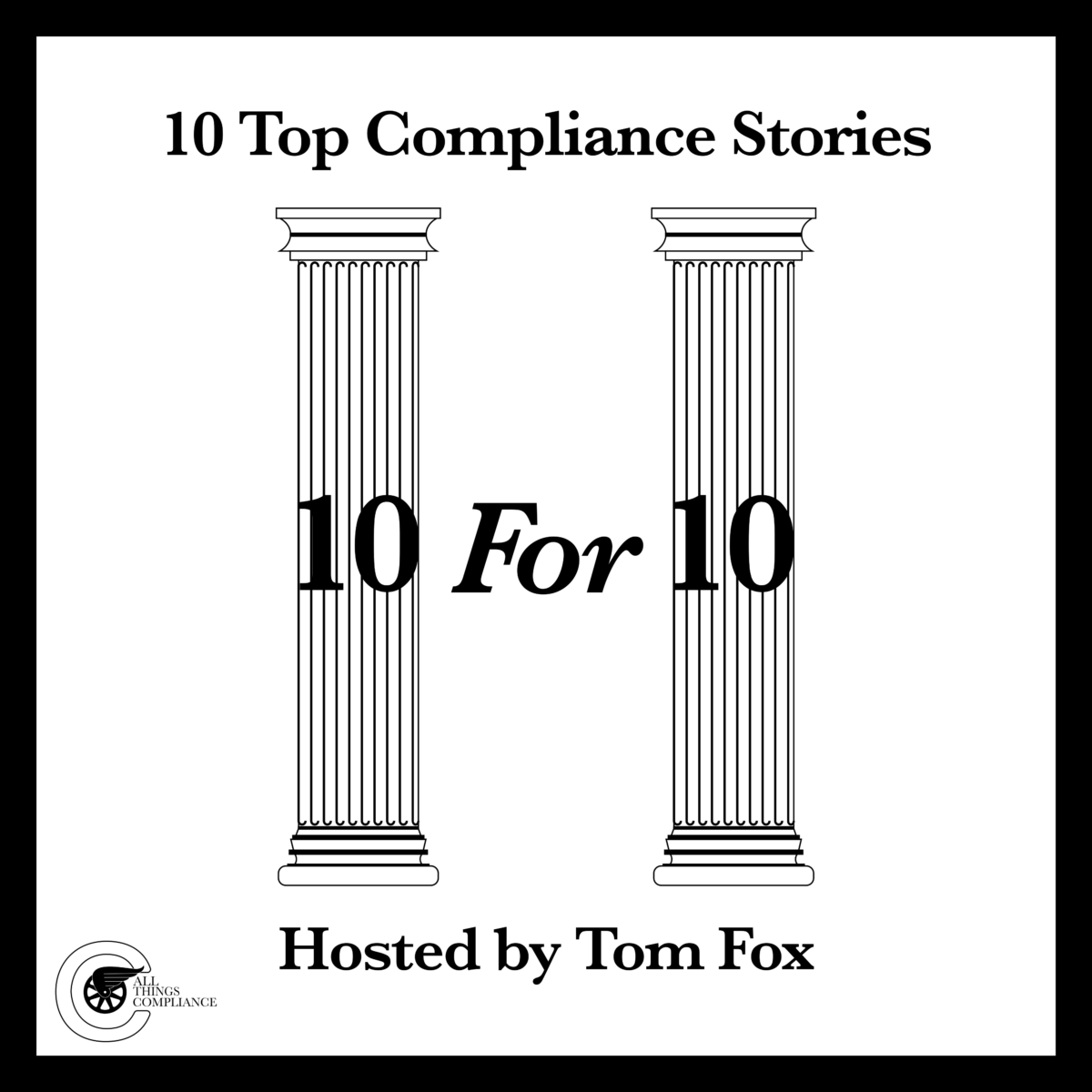Welcome to the Daily Compliance News. Each day, Tom Fox, the Voice of Compliance, brings you compliance-related stories to start your day. Sit back, enjoy a cup of morning coffee, and listen in to the Daily Compliance News—all from the Compliance Podcast Network. Each day, we consider four stories from the business world: compliance, ethics, risk management, leadership, or general interest for the compliance professional.
- Continued robust export control enforcement is predicted. (WSJ)
- Patagonia fighting forced labor through exploring ‘atomic make-up’ of clothing. (WSJ)
- PCAOB critic to oversee the agency. (WSJ)
- SEC is keeping an eye on PE deals. (WSJ)
For more information on the Ethico Toolkit for Middle Managers, available at no charge, click here.
Check out the entire 3-book series, The Compliance Kids, on Amazon.com.



